Does a 5G router need a SIM card?
Jun 20,2024 | Views: 265
Yes, a 5G router generally needs a SIM card to access 5G cellular networks. The SIM card contains the necessary information for the router to connect to the 5G network provided by a mobile network operator. Here’s a breakdown of why and how a SIM card is used in a 5G router:
Authentication: The SIM card authenticates the device on the network, ensuring that it is authorized to access the mobile network services.
Data Plans: The SIM card is tied to a data plan from the mobile network operator, which determines the amount of data, speed, and other service parameters available to the user.
Network Access: The SIM card enables the router to connect to the 5G network, allowing it to provide internet access to connected devices.
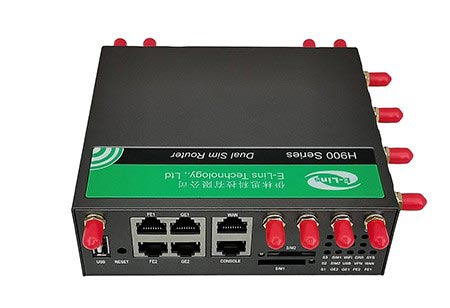 Some advanced 5G routers may support additional features, such as dual-SIM capabilities, to allow for connection to multiple networks for redundancy or increased bandwidth.
Some advanced 5G routers may support additional features, such as dual-SIM capabilities, to allow for connection to multiple networks for redundancy or increased bandwidth.
However, it's worth noting that not all 5G routers work exclusively on cellular networks. Some may also support traditional broadband connections (e.g., DSL, fiber) and use the 5G network as a backup or additional source of bandwidth. In such hybrid setups, the use of a SIM card might be optional depending on the primary internet connection method.
Prev: Is 5G better than Gigabit Ethernet?
Next: Are there 5G mobile routers?
Authentication: The SIM card authenticates the device on the network, ensuring that it is authorized to access the mobile network services.
Data Plans: The SIM card is tied to a data plan from the mobile network operator, which determines the amount of data, speed, and other service parameters available to the user.
Network Access: The SIM card enables the router to connect to the 5G network, allowing it to provide internet access to connected devices.

However, it's worth noting that not all 5G routers work exclusively on cellular networks. Some may also support traditional broadband connections (e.g., DSL, fiber) and use the 5G network as a backup or additional source of bandwidth. In such hybrid setups, the use of a SIM card might be optional depending on the primary internet connection method.

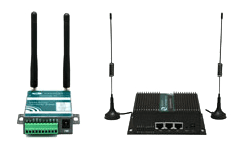 Networking
Networking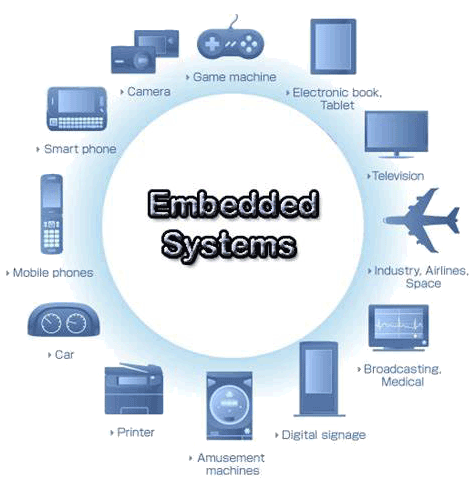 EMBEDDED SYSTEMS
EMBEDDED SYSTEMS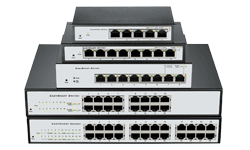 Switches
Switches Wireless Solutions
Wireless Solutions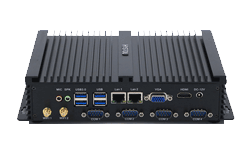 Industrial Computer
Industrial Computer Cloud Services
Cloud Services



